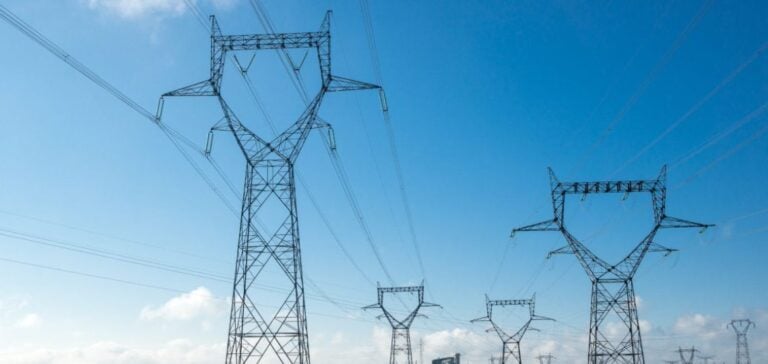The Commission de Régulation de l’Énergie announces a 15% decline in regulated electricity rates. This measure takes effect despite an economic context marked by the end of the price shield. The suppliers concerned now integrate more favorable wholesale costs into their pricing structures. Companies also see a reduction in their expenses, especially those that rely heavily on electricity.
Electricity price reduction: political stakes
Parliamentary debate has crystallized attention on this reform, with diverse objections regarding taxation. The electricity excise had been lowered to contain bills, then readjusted after the energy crisis. Political divergences persist over the pace of phasing out protective measures for the most vulnerable households. Budgetary arbitration ultimately validated the end of the exceptional mechanism, fueling a heated public discussion.
EDF, the main historical player, maintains its regulated offer with regular adjustments supervised by the CRE. Other alternative suppliers adapt their strategies, in order to preserve their market share. Energy-intensive businesses examine these developments, seeking more advantageous options for their current operations. Political discussions also address the possibility of supporting other sectors, such as hydrogen or nuclear energy.
Electricity price reduction: business stakes
Many very small businesses now benefit from a significant reduction, especially those using electricity for production. These structures have sometimes renegotiated their contracts in anticipation of the end of the price shield. The Turpe, reassessed by the CRE, remains a substantial expense for companies strongly connected to the grid. Some players hope for a gradual arrangement to limit the cumulative impact on their annual costs.
The observed reductions mainly result from lower energy prices on European markets. This trend has offset a rise in taxation, though some lawmakers consider it problematic. The government, however, views this combination as a lever for budgetary balance and economic appeal. Several institutions are waiting for future revisions, depending on the persistent volatility of supply and demand.
Electricity price reduction: sector perspectives
Certain alternative suppliers retain leeway to adjust their market offers. They target a professional customer base seeking stable volumes, sometimes over multiple years. Industrial players also explore complementary solutions, such as self-production or optimizing consumption. The global economic context remains marked by geopolitical uncertainties that sometimes affect supply chains.
Companies’ competitiveness depends on maintaining relative stability in energy costs. Observers emphasize the importance of clear governance to support each sector’s needs. Calls are made to modernize infrastructure and anticipate potential future reforms. The CRE continues fine-tuning its proposals, ensuring a balance between competitiveness and consumer protection.
Electricity price reduction: new dynamics
Public decision-makers plan to introduce new monitoring clauses to prevent any sudden market imbalance. Some experts suggest a more agile framework, able to integrate technological developments related to decentralized storage. Tariff flexibility could strengthen industrial competitiveness while better protecting smaller players. The market watches these announcements closely, as they will significantly influence the strategic positioning of existing suppliers.
The effects of this reduction are already noticeable in several sectors requiring stable energy access. Some industrial players plan additional investments, banking on a more predictable tariff framework. Government decision-makers remain highly vigilant, fearing a possible rebound effect on prices. The CRE foresees further adjustments should the market undergo new major fluctuations.






















